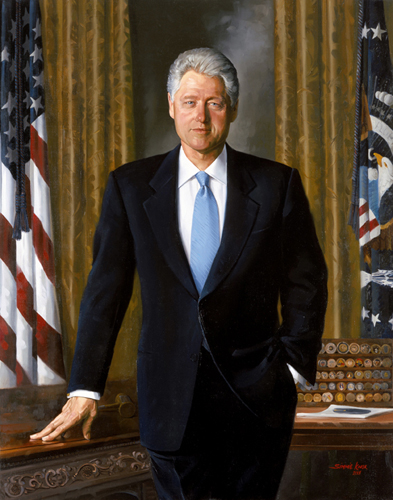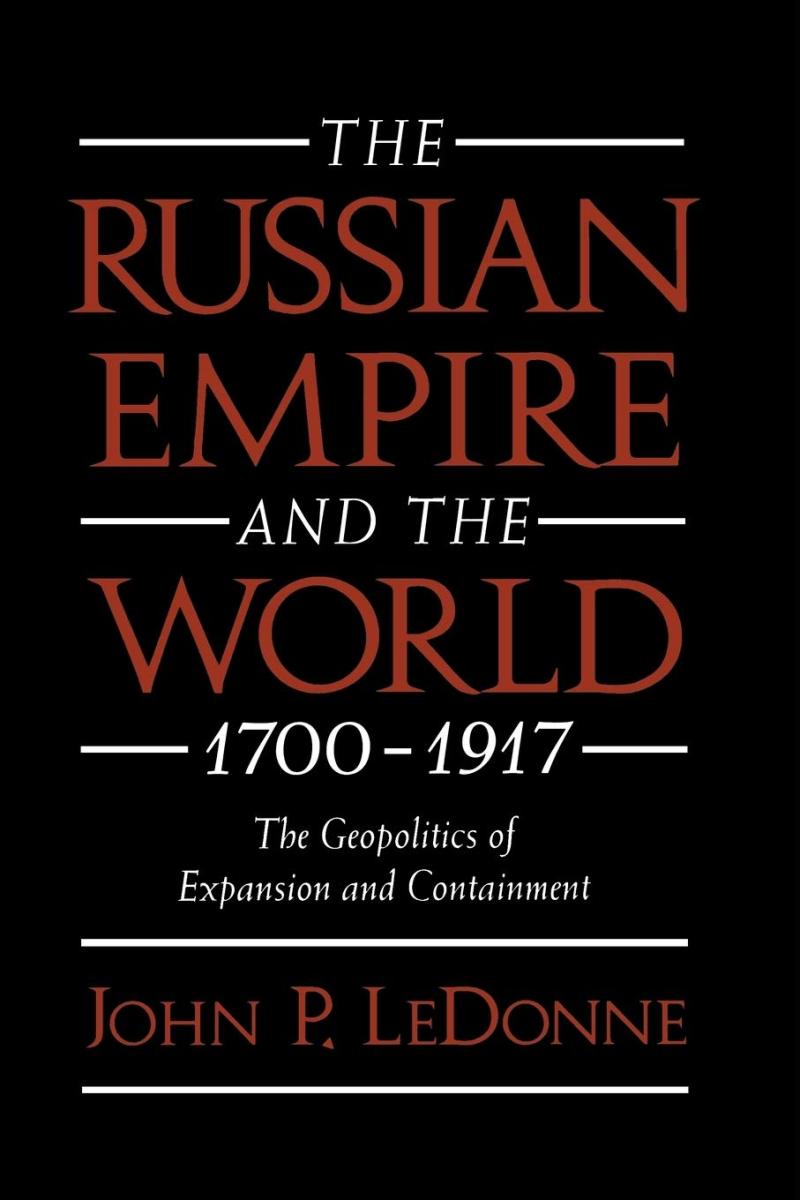Reading: Nancy Soderberg: Superpower Myth: the Use and Misuse of American Might: a Review

Being just and effective is more important than getting one's way
Nancy Soderberg, Superpower Myth: the Use and Misuse of American Might, Hoboken, NJ: John Wiley & Sons, Inc., 2005, p.p. 404
...
This is an in some ways masterly account of the foreign policy achievements of the Clinton Administration and what the author sees as the partial unravelling of those achievements by the subsequent Administration.
It is written with great clarity and readability by a former Ambassador-rank representative of the Clinton Administration to the UN. The writer gives accounts of various of the world's troublespots where — always seeking alliances also — the projection of American power contributed materially to defusing deep-seated ethnically-based conflicts.
These series of actions and initiatives should not necessarily be regarded as having brought resolutions to these varied and often violent conflicts, but rather their containment, in ways upon which local leaderships could build.
In the initial stages of intervention in Bosnia, Kosovo and Northern Ireland, and elsewhere, the Clinton Adminsitration undoubtedly aroused as much antagonism as it did enthusiasm. Albeit marked by deep hiatuses, the longer term decline in violence in various conflict areas, for which the Administration was not solely responsible in any case, did leave a very constructive legacy, according to the writer. It is also true that the behind the scenes preparations for the historic rapprochement between Israel's Rabin and Palestinian leader Arafat, over which President Clinton presided, were not initiated by the Administration.
It is also part of the author's argument that these conflict containment initiatives, effected through consensus building, are ultimately in the United States' long-term interests.
Nancy Soderberg points out that, unlike the foreign policies of various Administrations, this series of initiatives by President Clinton did not solidify into a often-quoted doctrine. (I suppose my own two Canadian cents' would be that it represented 'the projection of US power for conflict containment through consensus building': far too much of a mouthful!)
Post 2001
The writer goes on to detail how in the run up to — and in the wake of — 9/11, the focus of neoconservative members of the George W. Bush Administration was on régime change in Iraq, rather than on Al Qaeda. Tellingly, hours after the attack on the Twin Towers and the Pentagon, Donald Rumsfeld was talking about going after Saddam Hussein; for his part, in the immediate post-9/11 period Paul Wolfowitz was recorded as making claims of Iraqi culpability for the attacks, despite the absence of evidence.
Nancy Soderberg also points out that even the Bush Administration seemed belatedly to admit that its ambitious, high hopes for Iraqi society, which régime change was supposed to advance, had not gone according to plan. This she says occurred when the Administration, having spent the previous years marginalizing the UN and turning a deaf ear to advice from this forum, suddenly wanted the UN to become responsible for mending the results of the Administration's own actions in Iraq.
The book has an Introduction by former President Bill Clinton.
(Nancy Soderberg's more recent focus of activity in the Florida State Senate begs questions as to what it may be in Tallahassee that is so uniquely absorbing for someone who commands such a foreign policy grasp and who has such a distinguished resumé of involvement in foreign affairs.)
Note: I wish that, as a former editorial assistant, I had had the opportunity to proof-read this in many ways excellent book, because its various typographical mistakes do not do it justice.
August 30, 2013
MJFenn is an independent writer based in Ontario, Canada.
Other of my hubpages may also be of interest
- Reading: W. H. Thompson, Sixty Minutes with Winston Churchill, London: Christopher Johnson, a Review
- Reading: Ed Whitcomb, A Short History of Saskatchewan, 2005: a Review
- Reading: Roderick Stewart, Wilfrid Laurier: A Pledge for Canada, Lantzville, BC: XYZ Pub., 2002: a R
- Reading: General Rick Hillier, A Soldier First, Toronto, Ontario: HarperCollins Publishers, Ltd., 20
- Reading Peter Edwards, Delusion: The True Sory of Victorian Superspy Henri Le Caron, Toronto, Ontari






